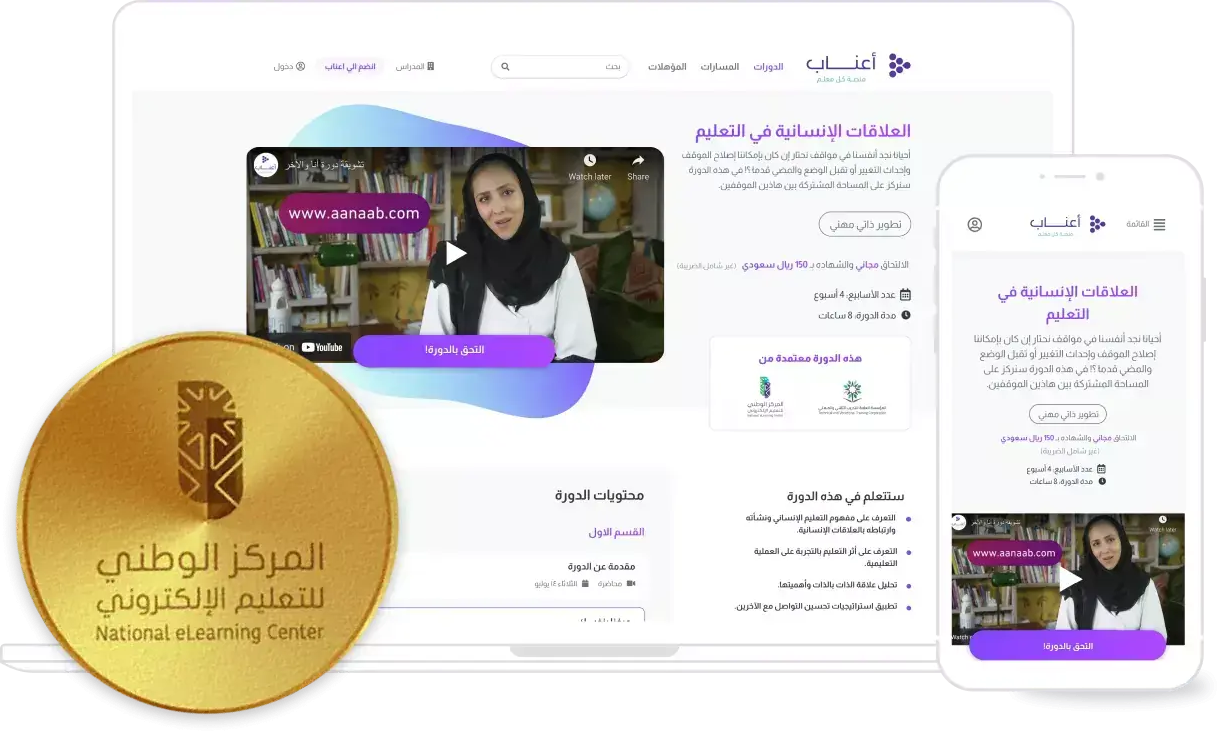The tech landscape is transforming at an unprecedented pace, driven by breakthroughs in artificial intelligence (AI), quantum computing, and the increasing demand for sustainable, secure systems. By 2030, tech professionals will need a dynamic skill set that combines cutting-edge technical knowledge with human-centric abilities like critical thinking and collaboration. Whether you’re a developer, data scientist, or aspiring tech leader, mastering the right skills now can set you up for success in the future. Let’s dive into the top skills tech talents need for 2030, why they matter, and how to start developing them today, complete with actionable resources to guide your journey.
1. Artificial Intelligence and Machine Learning
Why It Matters:
AI and machine learning (ML) are reshaping industries, from healthcare to finance. By 2030, AI will power everything from autonomous systems to personalized user experiences. Professionals who can build, deploy, and optimize AI models will be in high demand.
Key Applications:
-
Developing AI-driven applications (e.g., chatbots, recommendation systems)
-
Training and fine-tuning ML models for predictive analytics
-
Implementing ethical AI frameworks to address bias and fairness
Why It’s Critical for 2030:
A 2025 Gartner report predicts that 80% of enterprises will rely on AI for core operations by 2030, creating a surge in demand for AI specialists. Skills in frameworks like TensorFlow, PyTorch, and LangChain will be essential.
How to Start:
-
Learn Python and ML basics with Coursera’s AI courses.
-
Build projects like sentiment analysis or image recognition on Kaggle.
-
Explore ethical AI with Google’s Responsible AI Toolkit.
2. Cloud Computing and DevOps
Why It Matters:
Cloud computing is the backbone of modern tech infrastructure, and DevOps practices ensure seamless deployment and scalability. By 2030, hybrid and multi-cloud environments will dominate, requiring expertise in platforms like AWS, Azure, and Kubernetes.
Key Applications:
-
Managing cloud infrastructure (e.g., AWS, Google Cloud)
-
Automating CI/CD pipelines with tools like Jenkins or GitLab
-
Optimizing microservices and containerization (Docker, Kubernetes)
Why It’s Critical for 2030:
The rise of cloud-native applications and edge computing will make cloud skills indispensable. A 2024 IDC forecast estimates that cloud-related jobs will grow by 20% annually through 2030.
How to Start:
-
Get certified with AWS Certified Solutions Architect.
-
Practice DevOps workflows on GitHub Actions.
-
Learn containerization with Kubernetes’ official tutorials.
3. Cybersecurity and Ethical Hacking
Why It Matters:
As cyber threats grow in sophistication, cybersecurity expertise will be non-negotiable. Ethical hacking skills, like penetration testing, will help protect systems from breaches in an AI-driven threat landscape.
Key Applications:
-
Conducting penetration tests to identify vulnerabilities
-
Securing cloud and IoT systems
-
Developing zero-trust architectures
Why It’s Critical for 2030:
With cyberattacks projected to cost $10.5 trillion annually by 2030 (per a 2024 Cybersecurity Ventures report), organizations will prioritize professionals who can safeguard data and infrastructure.
How to Start:
-
Learn cybersecurity fundamentals with TryHackMe.
-
Earn certifications like CompTIA Security+.
-
Practice ethical hacking on Hack The Box.
4. Data Science and Analytics
Why It Matters:
Data is the lifeblood of decision-making, and by 2030, advanced analytics, real-time data processing, and AI-driven insights will drive business strategy. Data scientists who can extract actionable insights will remain in high demand.
Key Applications:
-
Building data pipelines with tools like Apache Spark or Airflow
-
Visualizing data with Tableau or Power BI
-
Applying statistical models for predictive analytics
Why It’s Critical for 2030:
The explosion of big data and IoT devices will generate massive datasets, requiring skilled analysts. LinkedIn’s 2024 Jobs Report noted a 35% increase in demand for data science roles.
How to Start:
-
Master SQL and Python with Mode Analytics.
-
Build dashboards on Tableau Public.
-
Explore data science projects on DataCamp.
5. Quantum Computing Basics
Why It Matters:
Quantum computing is moving from theory to practice, with applications in cryptography, optimization, and drug discovery. While still niche, understanding quantum principles will give tech professionals an edge by 2030.
Key Applications:
-
Developing quantum algorithms (e.g., Qiskit, Cirq)
-
Solving complex optimization problems
-
Enhancing cryptographic systems
Why It’s Critical for 2030:
Companies like IBM and Google are investing heavily in quantum computing, with commercial applications expected to mature by 2030. Early adopters will lead this emerging field.
How to Start:
-
Learn quantum basics with IBM’s Qiskit.
-
Take free courses on edX Quantum Computing.
-
Join the Quantum Open Source Foundation for community resources.
6. Soft Skills: Collaboration and Critical Thinking
Why It Matters:
As AI automates routine tasks, human-centric skills like collaboration, critical thinking, and adaptability will set tech professionals apart. These skills ensure effective teamwork and ethical decision-making in complex projects.
Key Applications:
-
Leading cross-functional tech teams
-
Evaluating AI outputs for bias and accuracy
-
Communicating technical concepts to non-technical stakeholders
Why It’s Critical for 2030:
A 2025 World Economic Forum report predicts that 50% of job skills will involve human-centric abilities, as automation handles repetitive tasks.
How to Start:
-
Develop critical thinking with Coursera’s Leadership Courses.
-
Practice collaboration through open-source contributions on GitHub.
-
Improve communication with Toastmasters.
7. Blockchain and Decentralized Technologies
Why It Matters:
Blockchain is expanding beyond cryptocurrency into supply chain, finance, and digital identity. Understanding decentralized systems will be key for building secure, transparent applications.
Key Applications:
-
Developing smart contracts (Solidity, Rust)
-
Building decentralized apps (dApps)
-
Implementing secure digital identity systems
Why It’s Critical for 2030:
The global blockchain market is projected to reach $1.4 trillion by 2030 (per a 2024 Statista report), driven by Web3 and DeFi innovations.
How to Start:
-
Learn Solidity with CryptoZombies.
-
Explore blockchain basics on ConsenSys Academy.
-
Build dApps with Ethereum Developer Resources.
8. Sustainable Tech Practices
Why It Matters:
Sustainability is becoming a priority as tech companies face pressure to reduce carbon footprints. Skills in green computing and energy-efficient systems will be critical by 2030.
Key Applications:
-
Optimizing cloud infrastructure for energy efficiency
-
Designing eco-friendly hardware
-
Implementing sustainable software practices
Why It’s Critical for 2030:
With tech’s environmental impact under scrutiny, companies like Microsoft aim for carbon neutrality by 2030, creating demand for green tech expertise.
How to Start:
-
Learn about green computing on Green Software Foundation.
-
Explore sustainable cloud practices with Google Cloud Sustainability.
-
Read The Green Web Foundation for eco-friendly tech insights.
How to Prepare for 2030
-
Prioritize continuous learning: Use platforms like Coursera, edX, or Udemy.
-
Build a portfolio: Showcase projects on GitHub or Kaggle to demonstrate expertise.
-
Network and collaborate: Join communities like Reddit’s r/technology or Stack Overflow.
-
Stay ethical: Focus on responsible AI and sustainable practices to align with industry trends.
-
Experiment with emerging tech: Try quantum computing or blockchain projects to gain early exposure.
Final Thoughts
The tech landscape of 2030 will demand a blend of technical mastery and human-centric skills. From AI and cloud computing to cybersecurity and sustainable tech, the skills outlined above will position you for success in a dynamic industry. Start small, leverage free resources, and build hands-on experience to stay ahead. The future of tech is yours to shape—begin your journey today!
Resources Recap
- Coursera – AI, leadership, and tech courses
- edX – Quantum computing and tech education
- Kaggle – Data science and AI projects
- AWS Certified Solutions Architect – Cloud computing certification
- GitHub Actions – DevOps automation
- Kubernetes – Containerization tutorials
- TryHackMe – Cybersecurity training
- CompTIA Security+ – Cybersecurity certification
- Hack The Box – Ethical hacking practice
- Mode Analytics – SQL and data analytics tutorials
- Tableau Public – Data visualization platform
- DataCamp – Data science learning
- IBM’s Qiskit – Quantum computing framework
- Quantum Open Source Foundation – Quantum community resources
- Toastmasters – Communication and leadership training
- CryptoZombies – Solidity and blockchain tutorials
- ConsenSys Academy – Blockchain education
- Ethereum Developer Resources – Blockchain development
- Green Software Foundation – Sustainable tech practices
- Google Cloud Sustainability – Eco-friendly cloud solutions
- The Green Web Foundation – Green tech insights



